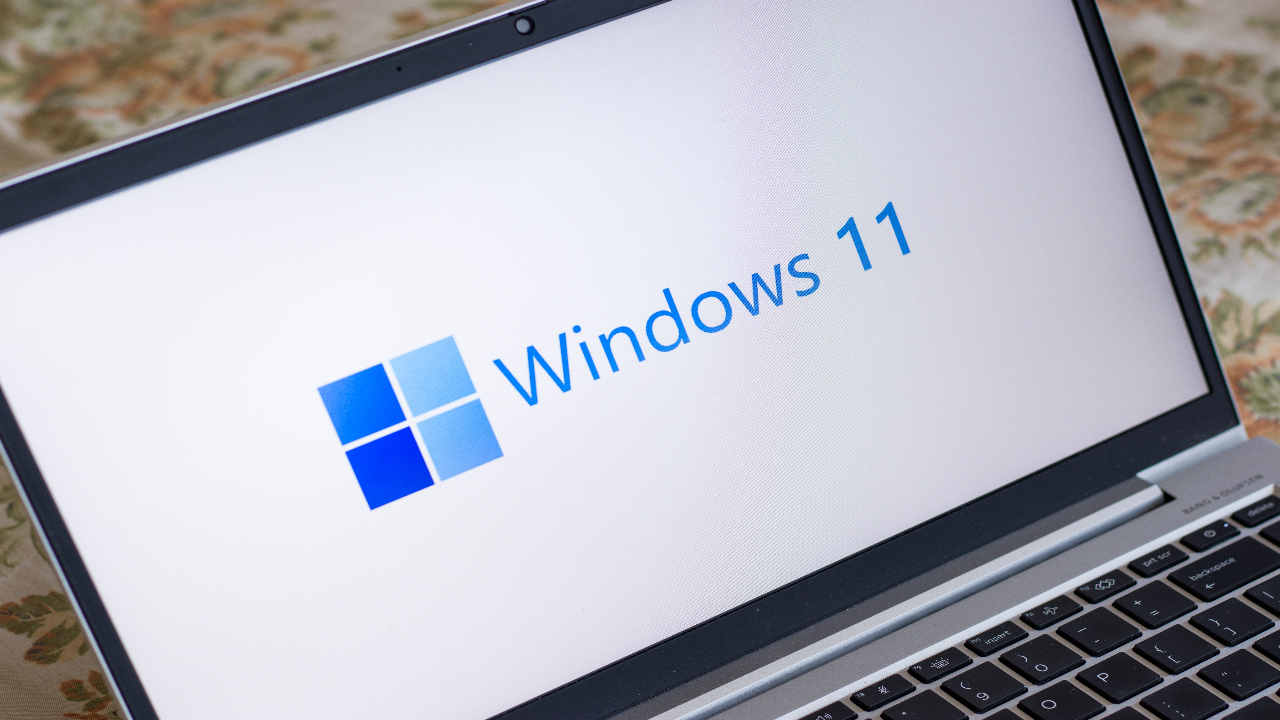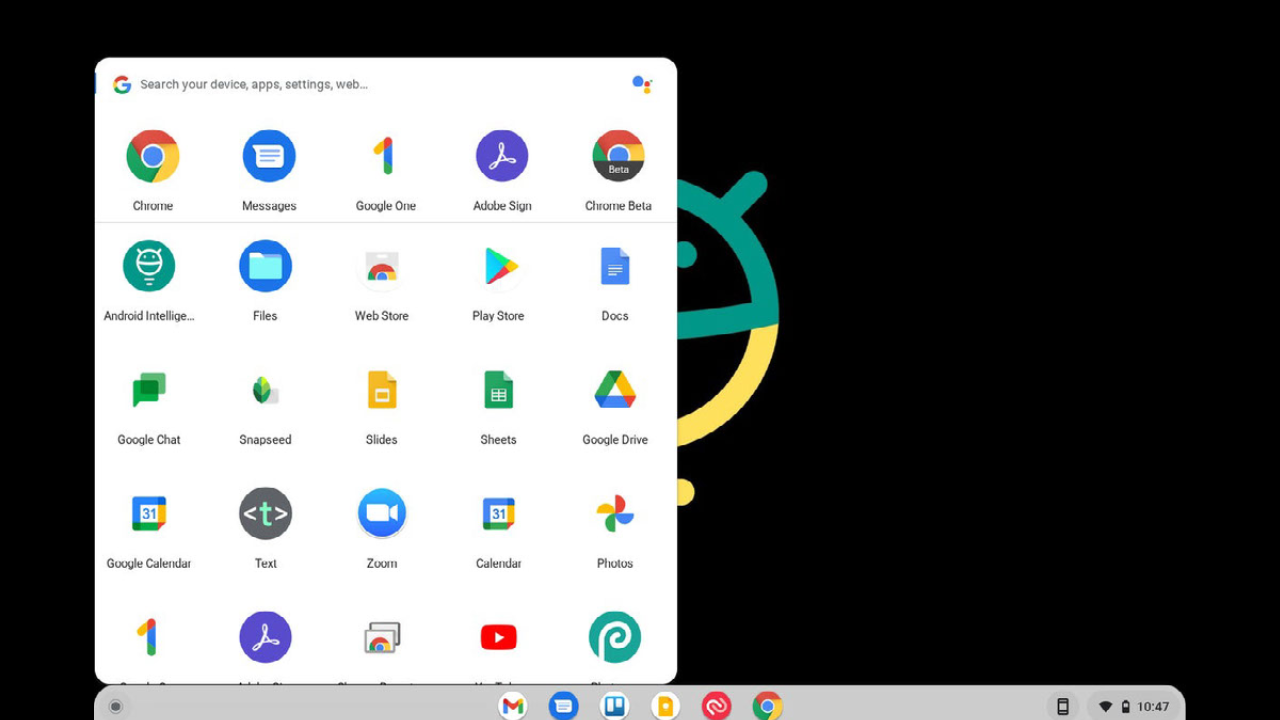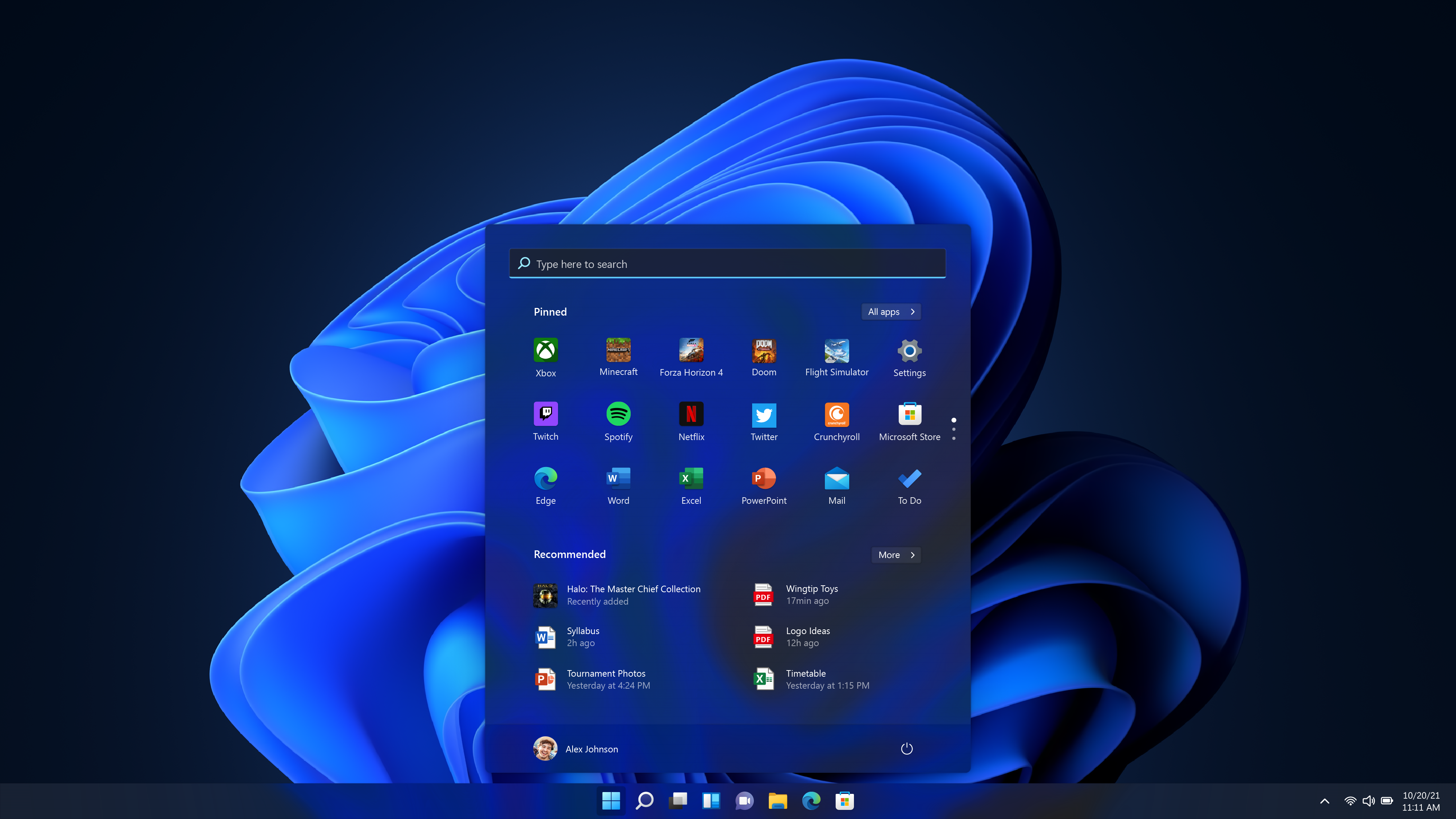Is Chrome OS better than Windows 11? Google and Microsoft's operating systems compared
Google's Chrome is ultra-fast and ultra-light, but Windows is prettier and much more powerful


Is Chrome OS better than Windows 11? If you want a super-cheap, super-light and super-streamlined portable computer then, simply put, yes. But if you need to do things that you can't do in the cloud, Windows 11 is likely to be the better choice.
But, as ever, it isn't quite as simple as that. As such, here we look at the details of what Chrome OS does better than Windows 11, and what Windows 11 does better than Chrome OS. That way you know what will work for you best when browsing the best laptops and best Chromebooks on the market today.

When Chrome OS is better than Windows 11
Chrome OS is a lightweight operating system that's designed for mobile use: it doesn't need powerful hardware and it's designed primarily for use with cloud-based apps such as Google Docs, Google Sheets and so on. By keeping your data in the cloud and doing the heavy lifting on faraway servers, Chrome doesn't need lots of storage space or really powerful processors. That means you can buy Chromebook laptops for very little cash and get really impressive performance. That's not always the case with Windows laptops, where the very cheapest ones can be really underpowered.
Chrome OS devices don't slow down over time, because you aren't installing tons of apps on them. They also remain secure because when Google patches its online services those patches are available everywhere to everyone.
Chrome is simpler and easier to learn than Windows. Windows 11 is prettier than before but it's still a lot more complex than Chrome.
The key thing here is whether the apps you need are available in the cloud and whether their cloud-based versions are as good as the equivalent Windows apps. Take Photoshop, for example: the web-based version is good, but it's a slimmed down version rather than the full version you'd run on Windows so it doesn't have all the same tools.
For work, studying and entertainment most of the key apps are available in the cloud, whether that's Microsoft Office online, Disney+ or presentation apps. But more heavyweight apps for things like music production or digital imaging are more likely to be available for Windows than for Chrome.
Get all the latest news, reviews, deals and buying guides on gorgeous tech, home and active products from the T3 experts

When Windows 11 is better than Chrome OS
Many apps just aren't available for Chrome. That could include the statistics app you need for college or the CRM app your workplace uses; the digital audio workstation you'd like to record your music on or the video editing app you'd like to make a movie with.
Windows laptops typically have much more storage than Chromebooks, and you can still install cloud services for mobile access and file sharing.
Higher-spec Windows machines are brilliant for gaming in a way that Chromebooks aren't: not just in terms of performance but in terms of choice. You'll find Angry Birds on Chrome but not triple-A blockbusters or Steam.
Windows is much better for media file support, and you can easily extend that by downloading and installing additional codecs to add support for more formats. And if your computer has a Blu-Ray drive, you can play DVD or Blu-ray Discs on it. You can't play Blu-Rays on a Chromebook.
The choice of Windows laptops is absolutely massive, ranging from the best budget laptops to high-end workstations and the best gaming laptops.
Chrome OS vs Windows 11: which is best?
That really depends on you. Chrome is a great operating system for everyday computing, with a good range of affordable but not underpowered devices that are easy to use and effortless to travel with as well as some higher-spec models for more demanding tasks. Windows is much more powerful and much more flexible, but it may be overkill if you'll only be using it to work in Google Docs and stream Netflix, both of which you can also do in Chrome.
Writer, musician and broadcaster Carrie Marshall has been covering technology since 1998 and is particularly interested in how tech can help us live our best lives. Her CV is a who’s who of magazines, newspapers, websites and radio programmes ranging from T3, Techradar and MacFormat to the BBC, Sunday Post and People’s Friend. Carrie has written more than a dozen books, ghost-wrote two more and co-wrote seven more books and a Radio 2 documentary series; her memoir, Carrie Kills A Man, was shortlisted for the British Book Awards. When she’s not scribbling, Carrie is the singer in Glaswegian rock band Unquiet Mind (unquietmindmusic).
